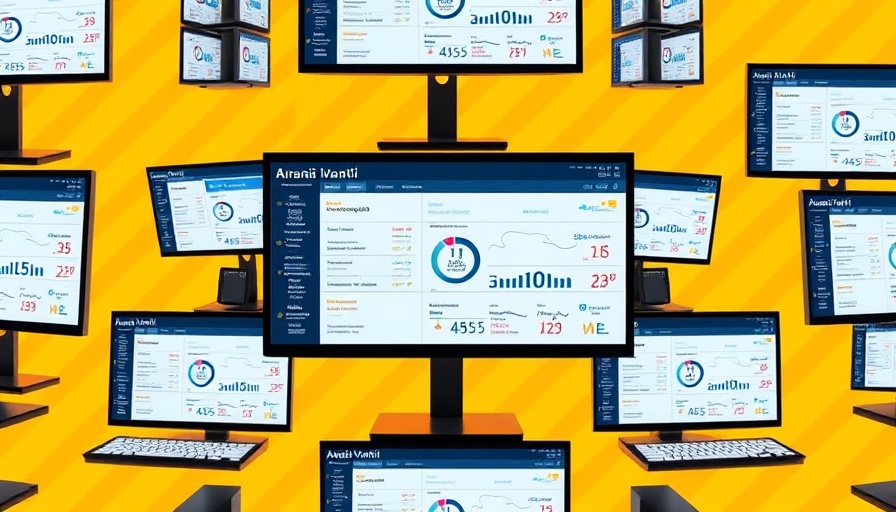
Understanding the Importance of Device Visibility in Healthcare
In an era where healthcare organizations handle vast amounts of sensitive information—from financial records to personal medical histories—the need for robust security measures has never been clearer. Unfortunately, many hospitals find themselves ill-equipped to protect their networks adequately, which is alarming given that healthcare has emerged as one of the most vulnerable sectors to cyberattacks. As the landscape evolves, with clinicians increasingly relying on mobile devices to access essential patient information, the risk escalates. A single compromised device can serve as a gateway for cyber intrusions.
The Role of Ivanti Unified Endpoint Manager
The Ivanti Unified Endpoint Manager (UEM) is a cloud-based solution designed to address these challenges. By facilitating the management of an expansive array of mobile endpoints, it ensures that even smaller IT teams can protect their networks effectively. The platform stands out for its capability to autonomously discover devices across various operating systems—ranging from Windows to IoT devices like the Raspberry Pi—allowing healthcare providers to maintain comprehensive oversight.
Streamlining Device Management Through Automation
The discovery capabilities of Ivanti UEM are quick and efficient. It automatically categorizes any new devices that connect to the network, ensuring that they are monitored and managed from the outset. The central management console not only provides information about the devices, such as operational systems and compliance with security updates but also enables administrators to implement granular access policies. For example, different rules can apply to administrative staff versus nursing professionals, reflecting the need for tailored security measures within the same organization.
Enabling Healthcare Teams to Focus on Mission-Critical Tasks
Perhaps most significantly, the integration of AI into Ivanti UEM enhances operational efficiency. AI-driven alerts can notify administrators of potential security issues, while automated problem-solving features allow routine issues to be addressed without user intervention. This means healthcare IT teams can devote their resources to more pressing mission-critical tasks rather than getting bogged down in everyday troubleshooting.
The Future of Healthcare Security in an AI-Driven World
As AI healthcare technologies develop, tools like Ivanti UEM will play a crucial role in shaping the future of healthcare security. With the continual rise of telehealth and mobile care environments, the ability to secure endpoints without compromising the accessibility of information will become increasingly essential. Embracing digital health tools not only mitigates risks but also empowers healthcare professionals to deliver better patient outcomes in an efficient manner.
Conclusion: Embracing Security Innovations
It is clear that as healthcare continues to interlace with advanced technologies, the implementation of reliable and responsive security systems is vital. Ivanti Unified Endpoint Manager simplifies the daunting task of managing numerous devices while providing security, thus allowing healthcare professionals to focus on what truly matters: patient care. Given the crucial intersection of technology and health, staying ahead of such innovations becomes imperative for healthcare organizations striving to thrive in a digital-first future.
 Add Row
Add Row  Add
Add 




Write A Comment